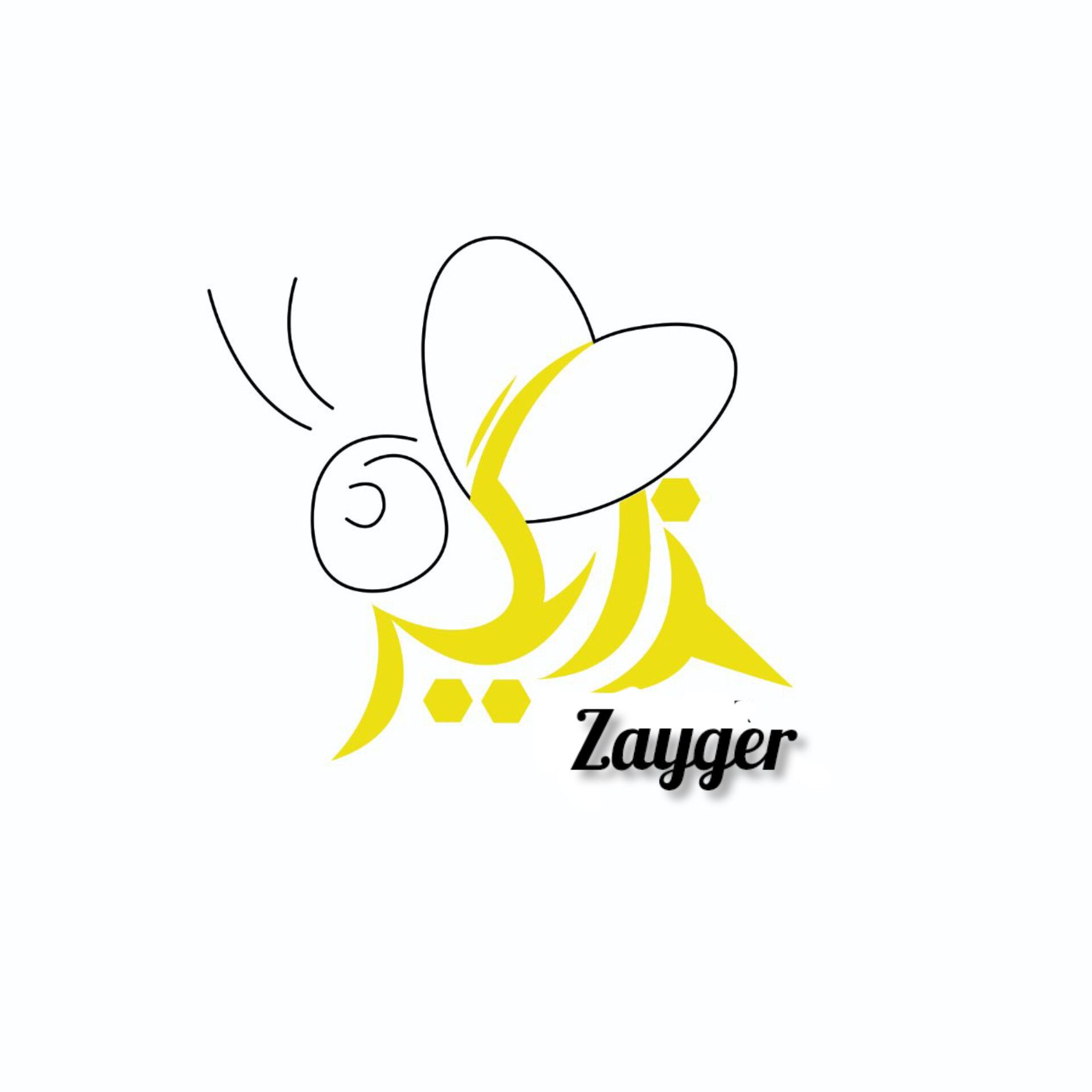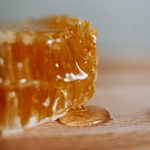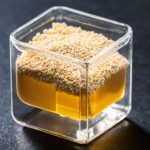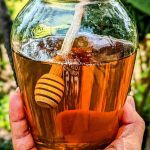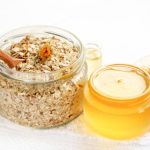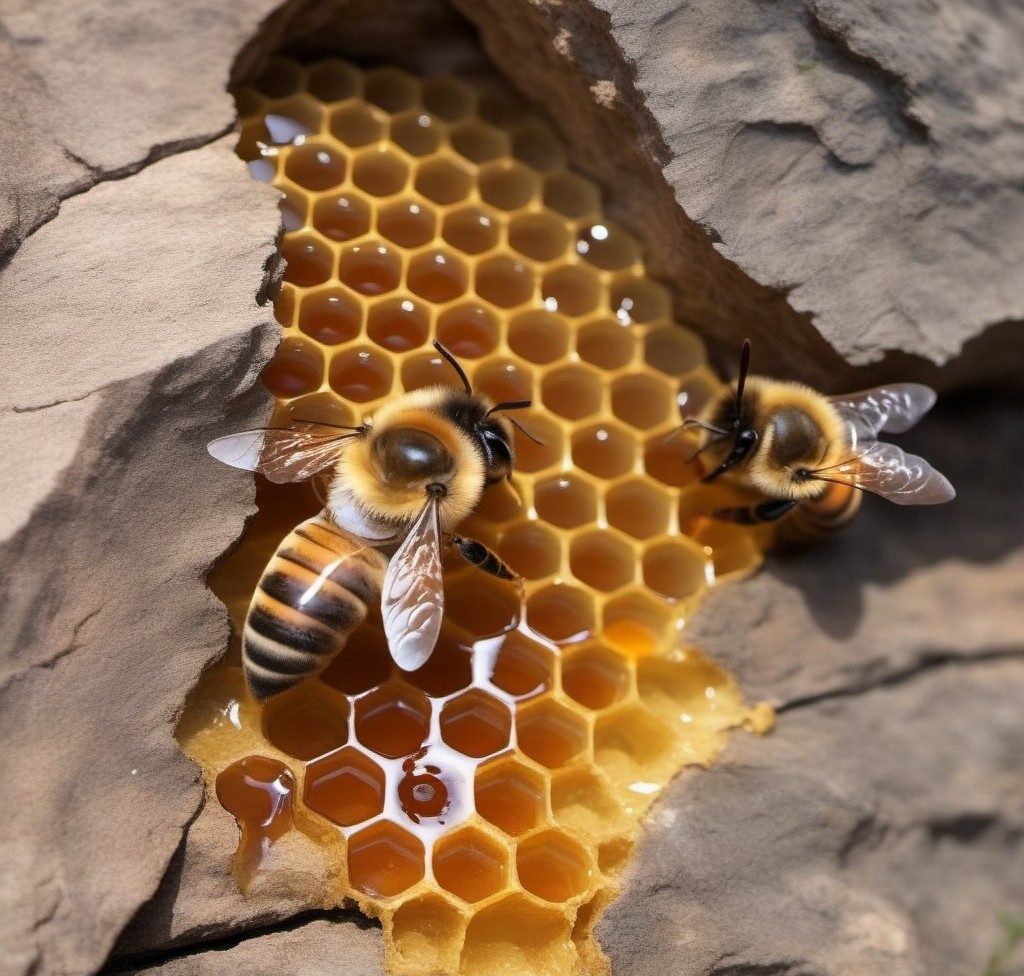
In contemporary apiculture, one of the most challenging aspects of honey production has traditionally been the Harvesting pure honey process, which inevitably causes significant stress to bee colonies. Conventional methods require hive opening, frame removal, manual uncapping, and extractor use – a labor-intensive procedure that disrupts colony tranquility and increases bee mortality.
The Flow Hive technology has revolutionized this process by enabling Harvesting pure honey without any physical contact with bees. Its ingenious mechanism operates on the principle of non-destructive honeycomb cell separation. Beekeepers can simply turn a specialized lever to systematically open honey-filled cells, directing the honey straight into collection containers. This method minimizes bee stress while enhancing honey quality and preventing potential contamination.

Harvesting pure honey
Understanding the Flow Hive Technology
The Flow Hive represents one of apiculture’s most significant technological advancements, capturing professional beekeepers’ attention worldwide. This innovative system features engineered plastic frames that mimic natural honeycomb structures. Its fundamental difference from traditional hives lies in the Harvesting pure honey mechanism.
The design incorporates split hexagonal cells that bees complete with natural wax. The system’s brilliance manifests in its mechanical cell separation capability without comb structure damage. Transparent viewing windows allow beekeepers to precisely monitor honey levels and capping stages, enabling unprecedented harvest control.
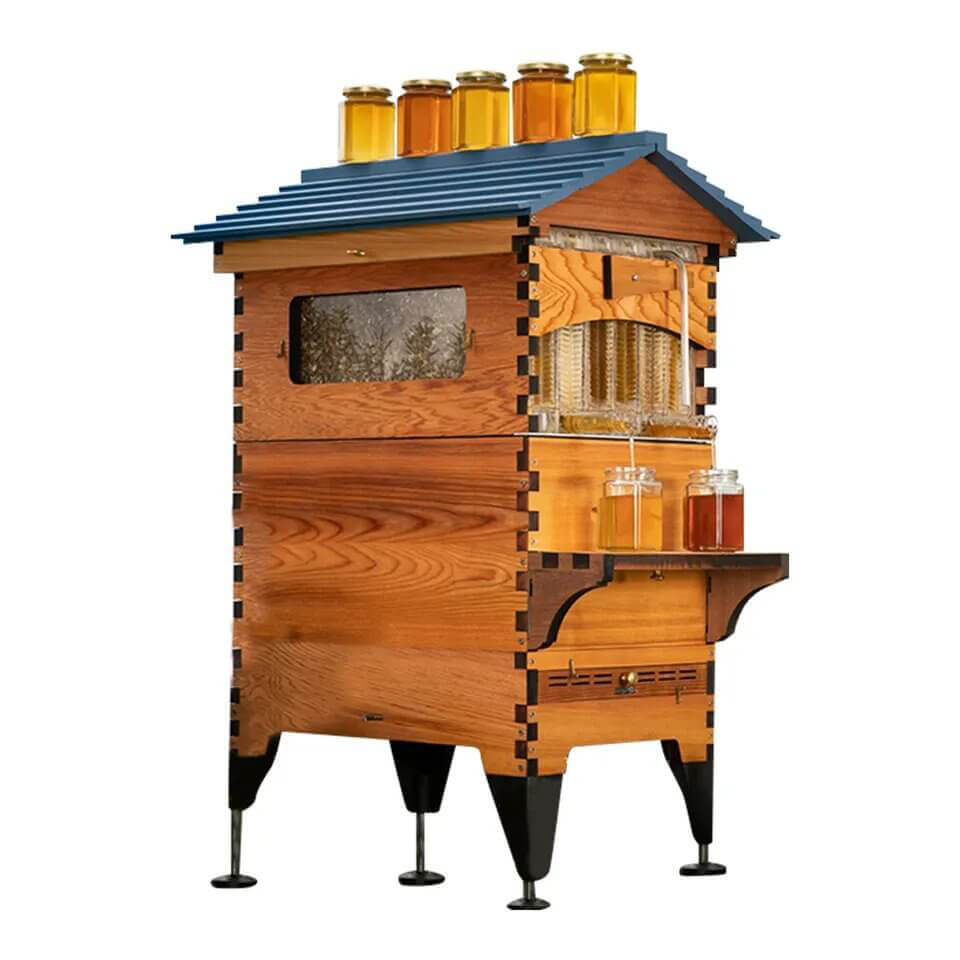
The flowing hive
Operational Mechanics of Flow Hive
The Flow Hive’s functionality combines precision engineering with profound understanding of bee behavior. Its specialized frames consist of parallel plastic panels that form partially completed hexagonal cells when aligned. Bees naturally complete these structures with wax, creating integrated honey storage networks.
The harvest begins by rotating an activation rod, causing alternating panel movement that creates precise cell openings. This controlled action allows honey to gently release and flow via gravity through inclined channels to sterile collection vessels. Returning the rod to its original position resets the cells for immediate bee reuse.
Transformative Applications in Modern Apiculture
Key applications of Flow Hive technology include:
• Process Optimization: 70% reduction in Harvesting pure honey time, complete elimination of strenuous uncapping/extraction, and partial harvest capability
• Colony Health: 90% less harvest stress, minimized worker bee mortality, and stable hive microclimate maintenance
• Quality Assurance: 95% less environmental contamination, preserved enzymes/volatiles, and prevented oxidation
• Economic Efficiency: 60% labor cost reduction, 40% more harvests per season, and 30% lower annual colony losses
• Sustainable Practices: Reduced energy consumption and minimal ecological impact

Function of running hives
Productivity Enhancement Through Advanced Hives
Advanced hive systems like Flow Hive demonstrate remarkable productivity impacts, potentially increasing honey yields by 30%. This improvement stems from multiple factors: significantly reduced colony recovery time, preserved food reserves by eliminating comb reconstruction needs, and decreased worker bee losses during harvest.
Qualitatively, the honey maintains superior purity by avoiding environmental exposure. Precise timing of harvests at optimal maturity further enhances final product quality, driving global adoption among progressive beekeepers.

Producing more honey using a running hive
Export Potential: Iranian Honey to UAE and Iraq Markets
Iran’s apiculture sector, blessed with diverse flora and favorable climate, possesses exceptional capacity for producing premium honey. The UAE and Iraq markets, as key export destinations, particularly value organic, high-quality products.
Adopting advanced technologies like Flow Hive could give Iranian producers significant competitive advantage. The Harvesting pure honey through this method meets stringent export standards by minimizing human contact and preserving natural properties. Gulf markets, especially the UAE, demonstrate strong demand for innovative premium products – a niche perfectly filled by Flow Hive honey.
Meanwhile, Iraq’s substantial demand for natural traditional products presents excellent opportunities for superior Iranian honey. Fully capitalizing on these prospects requires Iranian beekeepers to implement cutting-edge technologies while adhering to international standards. Expanding honey exports could not only boost economic growth but also showcase Iran’s scientific and technological capabilities globally.
